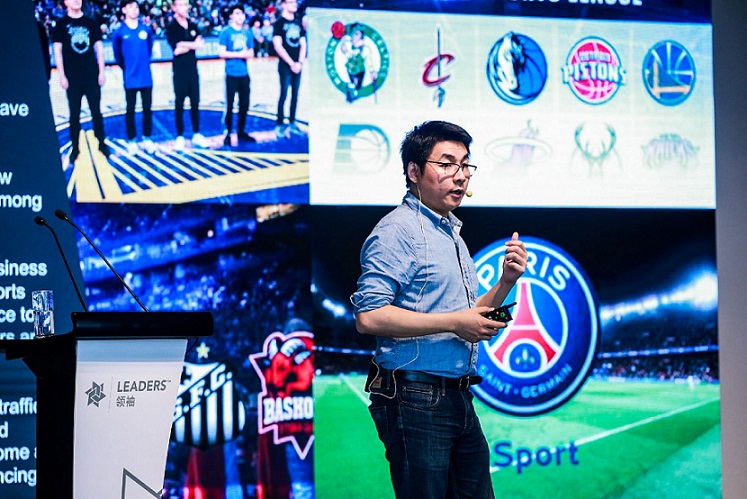Leo Lin, who oversees Riot Games business in China revealed some interesting numbers for eSports and the Chinese market during his keynote speech at the Leaders Sport Business Summit in Beijing on July 25.
According to his speech, the Chinese eSports market is very promising. The current total market value of eSports in China is around USD3bn, which consists of not only traditional eSports businesses such as licensing, broadcasting, and merchandising, but also emerging businesses such as the commercialization of eSports, infrastructure and various types of licensing. However, in the next 2 to 3 years, the Chinese eSports market will continue to grow to around USD10bn.
He says that in the Riot Games’ global traditional eSports business last year, Riot Games China contributed half. There were 220m users of eSports here in China in 2017. These users are not only in tier 1 cities, but tier 2 and 3 cities in China also have high eSports penetration rates.
When the League of Legends World Championship was held in Beijing’s Bird’s Nest in 2017, there were 50m independent viewers in China and 1.2bn viewing hours.
With these significant data, Riot Games are trying to develop some areas of their business to continue to drive the development of eSports and their business in this market.
First they hope to expand the media coverage of LPL in China such as trying to bring the games to CCTV, while they will continue to work with streaming platforms and traditional media.
They look forward to working with external partners around the concept of Home & Away in China. Home & Away refers to the concept of home stadiums and away stadiums. Just five years ago they only had one venue in Shanghai, now they are promoting this home & away concept in China and have landed some new venues for teams in some cities. Starting from this year, they will start the search for a second batch of venues in more cities. They welcome collaborations with external partners on and around venues and other related areas like merchandising and commercialization.
Team ownership is another area to develop for Riot Games China. Currently with 14 teams in the League of Legends Pro League in China and many famous stake holders such as Jingdong and Suning, they hope to talk with more potential stake holders such as traditional sports team owners.
Lastly, Riot Games China wants to build a new ecosystem with partners. They are discussing with governments in some parts of China, such as Chengdu, to work on eSports villages. Besides this, eSports education, eSports tourism and eSports IP are the new business opportunities they want to look into.
Proofread by Raymond Fitzpatrick
